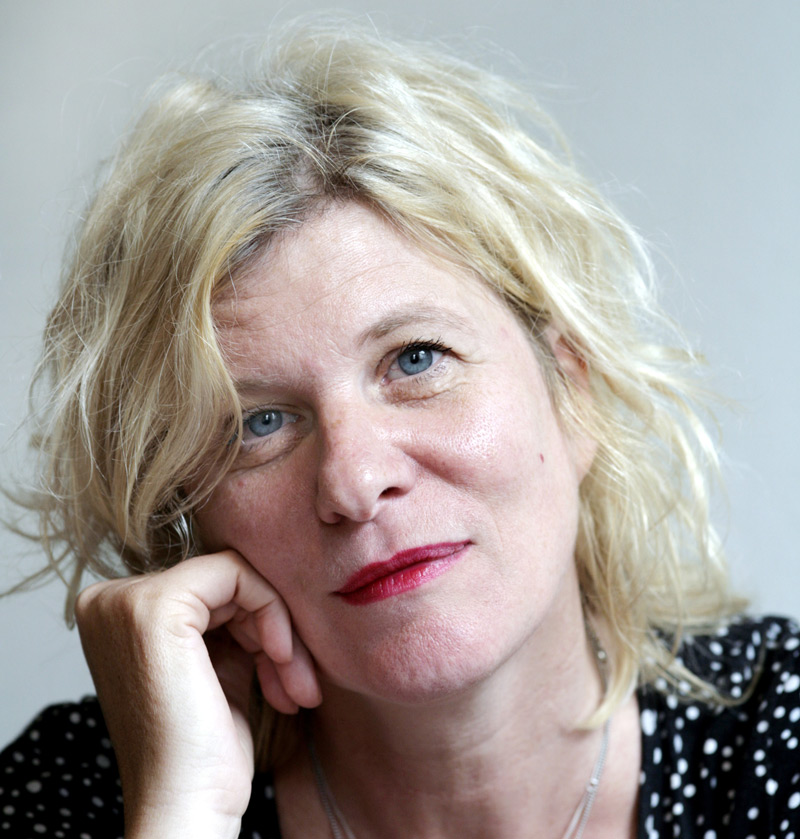about the production
Inspired by French damned poets Baudelaire, Verlain, Rimbaud and chiefly by the life and work of François Villon, young Bertolt Brecht wrote his play Baal. In the main character, poet Baal, in his verses and behaviour, Brecht summarized not only his young contempt of the hypocrisy of the bourgeois society but also his romantic ideals whose source he found in works of the above-mentioned authors. Although the play represented the “Zeitgeist”, publishers and artistic editors rejected it and refused it for its unkemptness – the Baal was considered a monster, it represented the survey of all nightmares of the bourgeois morals of the period.
By each of his play Brecht mercilessly attacked the morals of the bourgeois society, and he did it “most poetry-like” in his debut. His Baal follows his own rules in order to offer the surrounding society the “riddles” through his actions – because all his deeds are ambivalent: on one side, they are condemnable within the intentions of the official morals, on the other side, they fulfil the secret dreams of those who proclaim such morals and try to live according them. It was not for nothing the play earned attributes such as “anarchistic” or “perverse”. The acting of free man stands outside the good and evil and in searching of the motivation of his deeds it is probably better to start from nowhere rather than from the filter of society’s morals.
Director Alize Zandwijk reached for this drama, together with the RO Theater, almost one hundred years after it was written. Her Baal is not a man, but a woman. By this she shows to Brecht´s experts that freedom, which lives in Baal, misses not only moral but also gender attributes. The features, which we read in Baal as typically male, are authentic also in female behaviour – at least actress Fania Sorel convinces us about it. Poet Baal has such attributes which today remind us more of a rock singer – behind our dreams about freedom there is a rock soundtrack played – and are valuable mainly for the fact they can positively tune us to be able to receive advertising statements. This is another fact Zandwijk´s production points at – in a simple, playful stage, distanced from any glitter, far from cameras, her remarkable Baal lives in quiet songs. Alize Zandwijk belongs to the most distinguished directors of the middle generation in the Netherlands. Among working with the RO Theater she often makes directions on stages of German and Belgian theatres. In her productions she focuses mainly on conflicts of instinctive strength of man and the correctives which are put on his way by his superego, morals or other instances. “In her production there is something shallow, wild, non-artificial and in many jokes there is hidden anger. She is strict, but she has a sense of humour which does not allow any relativism.” (Wijbrand Schaap)
Brecht´s play Baal was in the Netherlands for many decades almost unnoticed. It was Zandwijk who found a key how to speak through Baal about the feelings of today’s man. Her production is formally innovative and belongs to the peaks of the previous season in the Netherlands. After the change of its leading, which took place in the season 2007/2008, and thanks to Zandwijk´s cracking directions, the respected RO Theater became the ensemble which brings a new theatre language and distinctive statements.
Ján Šimko
creators
directed by Alize Zandwijk
dramaturgy: Liet Lenshoek
translation: Tom Kleijn
set design: Thomas Rupert
costume design: Sabine Snijders
music: Beppe Costa
lighting: Casper Leemhuis
cast: Fania Sorel, Hans Leendertse, Hannah van Lunteren, Gijs Naber, Beppe Costa, Sylvia Poorta, Goele Derick and Bart Slegers
director

Alize Zandwijk (1961)
She started he career on the periphery with small theatre groups. In the 1990s she received the Proscenium Prize for direction of some remarkable productions for the Stella Den Haag (Othello, Vrijdag). From 1998 she has been forming, together with Guy Cassiers, the artistic side of the RO Theater, in 2002 they received the Albert van Dalsum Prize. The RO Theater reached international success with its debut The Lower Depths as well as with directions of Macbeth and Portia Coughlan, presented at the Edinburgh Fringe Festival and at the Wiener Festwochen. From 2003 she was a guest director at the Thalia Theater in Hamburg. There she directed four productions, including Ivanov and Summer Guests, and met German writer Dea Loher whom she introduced in the Netherlands by her production Innocence. In 2006 she became the artistic director of the RO Theater.
Materials available
Script of the production: SK
If you are interested in these materials, write to archivy@nitrafest.sk
